VAT on Educational Services in the UAE: Exemptions and Zero-Rating Explained
Are school fees VAT exempt in the UAE?
Yes, generally, but there are specific exceptions that we will try to cover.
The UAE introduced Value Added Tax (VAT) in 2018, impacting nearly all sectors, including education. While many educational services are thankfully exempt or zero-rated, navigating the specific rules can be tricky.
From school fees to training courses, understanding how VAT applies is crucial for educational institutions to remain compliant and manage their finances effectively.
This comprehensive guide aims to clarify the VAT landscape for schools, universities, training centers, and other educational providers in the UAE.
We’ll break down the exemptions, explain zero-rating, and offer practical insights to help you confidently manage VAT within your institution.
Understanding VAT in the UAE Education Sector: The Basics
VAT, a 5% consumption tax in the UAE, applies to most goods and services. However, the education sector receives special consideration. Educational services fall into three VAT categories:
- Exempt Supplies: These are VAT-free. No VAT is charged to the student or parent, and the educational institution cannot reclaim VAT paid on related expenses. Think of essential educational services.
- Zero-Rated Supplies: No VAT is charged to the student or parent, but the educational institution can reclaim VAT paid on related costs. This is a significant benefit.
- Standard-Rated Supplies: These are subject to the standard 5% VAT.
Here’s how these categories apply to education:
- Exempt: Tuition fees for schools and universities are typically exempt, along with certain related services.
- Zero-Rated: Specific vocational training programs and some educational materials might be zero-rated.
- Standard-Rated: School uniforms, some training courses, and certain educational materials are often standard-rated.
Understanding these categories is crucial for proper billing, VAT reporting, and financial management within educational institutions. The distinctions can be nuanced, so careful consideration is essential.
VAT Treatment of Educational Services: Decoding the Categories
Navigating the VAT landscape in education requires a clear understanding of how different services are classified. Here’s a breakdown:
Exempt Educational Services: These services are VAT-free, designed to keep core education accessible. Common examples include:
- School Tuition Fees: Tuition for primary, secondary, and higher education institutions (universities) is generally exempt.
- University Fees: This typically includes tuition, registration, and other mandatory fees.
- Certain Extracurricular Activities: Some extracurricular activities directly related to the curriculum may also be exempt. The specifics can vary, so it’s best to check with the FTA.
- School Transportation: Transportation services provided by the school itself are often exempt.
Zero-Rated Educational Services: These services don’t have VAT charged to the student, and institutions can reclaim VAT on related costs. Examples include:
- Specific Vocational Training Programs: Certain vocational training that leads to recognized qualifications can be zero-rated, promoting skills development. The specific programs that qualify are defined by the FTA.
- Designated Educational Materials: Some educational materials, like specific textbooks or curriculum-related digital resources, may be zero-rated.
Standard-Rated Educational Services: These services are subject to the standard 5% VAT. Common examples include:
- School Uniforms: School uniforms and related attire are typically standard-rated.
- Certain Training Courses: Training courses not directly linked to recognized qualifications, such as hobby classes or recreational courses, are often standard-rated.
- Some Educational Materials: General stationery, certain books, and other non-essential educational materials may be subject to VAT.
- Extracurricular Activities (Certain): Extracurricular activities that are primarily recreational or commercial, rather than strictly educational, may be standard-rated.
It’s important to note that this list is not exhaustive and regulations can change. Always consult with the FTA or a qualified tax professional for the most up-to-date and specific guidance on VAT classifications for your institution’s services.
VAT Implications for Different Educational Institutions: A Closer Look
VAT rules apply differently to various educational institutions:
- Schools: Tuition fees are generally exempt, making core education affordable. However, school uniforms and some extracurricular activities are typically standard-rated (5% VAT). School transportation provided by the school itself is often exempt. Schools need to carefully categorize all income streams to ensure accurate VAT treatment.
- Universities: Similar to schools, university tuition fees are usually exempt. However, accommodation provided by the university might be subject to VAT. Research grants can have complex VAT implications depending on their source and purpose. Universities must maintain clear records of all transactions and understand the specific VAT rules related to research funding.
- Training Centers: This category is diverse. Vocational training leading to recognized qualifications can be zero-rated, while hobby classes or recreational courses are often standard-rated. Training centers must carefully evaluate each course and program to determine the correct VAT treatment. Clear communication with students about the inclusion or exclusion of VAT in course fees is essential.
- Other Institutions: Nurseries and special needs centers often have specific VAT rules, frequently involving exempt services. Online education providers face unique challenges, particularly regarding the location of the service and the VAT treatment of digital learning materials. It’s crucial for these institutions to seek tailored VAT advice to ensure compliance.
Common VAT Mistakes to Avoid in Education: Staying on Track
Educational institutions can easily stumble on VAT compliance. Here are some common mistakes and how to avoid them:
- Incorrectly Classifying Services: Mixing up exempt, zero-rated, and standard-rated services is a frequent error. Tip: Maintain a regularly updated, documented list of all services and their correct VAT classification. Review it whenever you introduce new offerings.
- Misunderstanding Zero-Rating: Assuming all educational materials or training programs are zero-rated can be costly. Tip: Always verify the specific criteria for zero-rating with the FTA or a tax professional. Don’t make assumptions.
- Incorrectly Claiming Input VAT: Claiming input VAT on exempt supplies is a common trap. Tip: Keep meticulous records of purchases and only claim input VAT on zero-rated and standard-rated expenses related to those specific services.
- Inadequate Record-Keeping: Poor record-keeping can lead to serious issues during a VAT audit. Tip: Implement robust record-keeping practices, including detailed invoices and expense tracking. Use accounting software to streamline this process.
- Not Staying Updated: VAT regulations can change, and staying informed is crucial. Tip: Subscribe to FTA updates and consult with a tax professional to remain compliant.
- Insufficient Staff Training: Untrained staff can make costly mistakes. Tip: Provide regular VAT training for all personnel involved in billing, purchasing, and financial management.
- Ignoring Free Zone Rules: Free zone regulations can differ. Tip: If you operate in a free zone, familiarize yourself with its specific VAT rules.
Seeking Professional VAT Advice: Your Educational Partner
VAT in education is complex. Expert guidance is invaluable for ensuring compliance and optimizing your VAT position. PROFITZ ADVISORY specializes in VAT for educational institutions. We offer tailored strategies, identify opportunities for optimization, and provide ongoing support. Proactive VAT management is essential for the financial health of any educational institution. Contact us today for a consultation.
Conclusion
Understanding and complying with VAT regulations is essential for all educational institutions in the UAE. From correctly classifying services to staying abreast of evolving rules, managing VAT effectively can be a complex undertaking.
However, with a clear understanding of the guidelines and the right support, you can ensure compliance, optimize your financial operations, and focus on your core mission: providing quality education.
PROFITZ ADVISORY is here to be your trusted partner in navigating the intricacies of VAT in the education sector. We’re committed to providing expert guidance, tailored solutions, and ongoing support to help you confidently manage your VAT obligations.
Ready to simplify your VAT management and gain peace of mind? Contact PROFITZ ADVISORY today for a free consultation. Let’s discuss how we can help your educational institution thrive.








